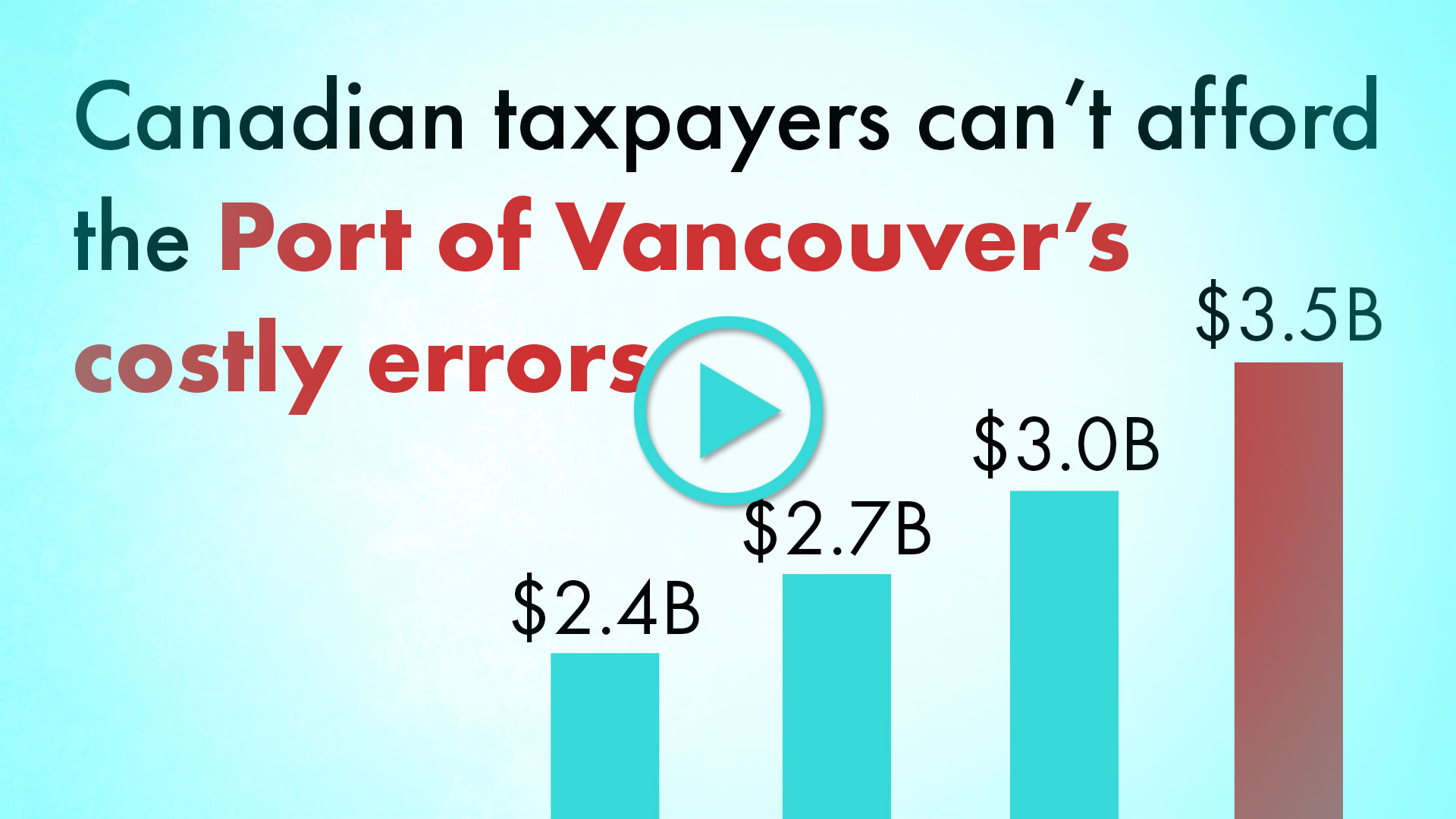The pandemic has laid bare the need for a thoughtful Roberts Bank port expansion that puts the economy and environment first, says one of Canada’s largest maritime employers.
GCT Global Container Terminals says the best way to do this is with its Canadian Deltaport Berth 4 Project (DP4), a phased and environmentally-conscious plan to add necessary capacity by adding a fourth berth to the existing Deltaport terminal.
“We are facing one of the most significant shocks to global trade and the economy in recent memory, and the full impacts are still unclear,” says Doron Grosman, president and CEO of GCT Canada.
“Given this current environment of uncertainty, future port expansion projects should be incremental so that that capacity can adapt to market conditions.”
A much larger, more expensive project, however, has been proposed by the Port of Vancouver, known as Roberts Bank Terminal 2 (RBT2).
GCT is concerned about RBT2’s impact on Canadian taxpayers and the environment.
The 164-hectare RBT2 will be built out in the Salish Sea on a new terminal island, which is expected to have negative effects on important Indigenous crabbing grounds.
The port authority is a government agency, and landlord and regulator of activities at Roberts Bank, meaning businesses and taxpayers could be at risk if there are issues with RBT2.
And RBT2 is expected to cost between $2.5 and $3.5 billion, making it the most expensive port expansion ever in Canada, during a time when COVID-19 has brought economic turmoil.
By comparison, GCT’s DP4 is about one-third the size at 56 hectares, will be built by a private-sector firm and is expected to cost between $1 billion and $1.6 billion.
“Unlike RBT2, GCT’s DP4 is phased and flexible,” Grosman says. “It is also funded by the private sector rather than the taxpayer, so there’s significantly less financial and environmental risk.”
GCT also questions the business case for RBT2.
Capacity projections have been off, the port authority has been unable to secure a private-sector operator for the terminal and costs have ballooned from the $2.4 billion price tag pitched in 2013.
Meantime, GCT has proven itself as a responsible operator known for sustainability and going beyond compliance. It is Climate Smart and Green Marine certified, has been recognized as a CN EcoConnexions partner and is a recipient of the Clean 50 award for outstanding contributors to clean capitalism.
“The time for irresponsible spending is not now,” Grosman says. “Overbuilding is dangerous for the economy, the environment and the region’s competitiveness.”
The project would come at a time when investments need to be adaptive to uncertain future market conditions, the company says.
This article about In time of uncertainty, GCT’s Deltaport Berth 4 Project best for economy and environment originally appeared in Business in Vancouver on September 14, 2020.
Watch: Port of Vancouver’s costly errors for Canadian taxpayers and the environment
